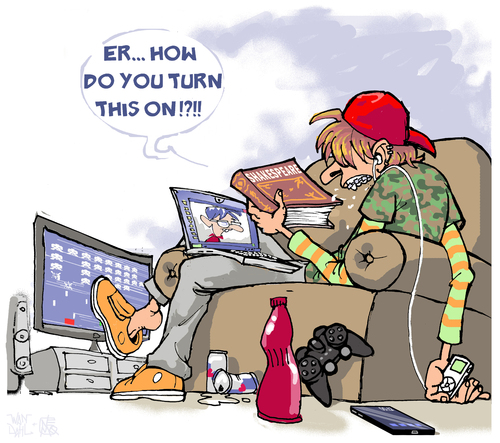
UK Nuke Website Filtering
UK Business Secretary Vince Cable made an announcement of an introduction of some recommendations provided to “modernize” IP system by allowing a number of exceptions to copyright legislation for things like limited private copying. In addition, Ofcom announced that site blocking of copyright violation wouldn’t be effective and consequently scrapped provision of the Digital Economy Act for now.Hopefully, the government of the United Kingdom announced plans to “modernize” the IP system in the country to help create proper conditions for businesses to invest, develop and create jobs.
Business Secretary said he would implement all recommendations that have been made in an independent review on IP legislation completed this past spring by Professor Ian Hargreaves. Secretary Cable announced in a press release that the government was focused on boosting growth and the Hargreaves review emphasized the potential to grow the economy of the United Kingdom. By developing a more open copyright legislation it will allow innovative businesses to create and introduce new products and services that will be able to compete fairly in the local thriving markets for consumer equipment.
The country decided to accept the recommendations made and would set about reforming the country’s IP systems. Meanwhile, the Department for Culture Media and Sport is developing mass notification system in the Digital Economy Act. The system will be the following: in order to deter “vexatious appeals” from alleged violators trying to “disrupt the system”, they will be charged a $30 fee which will be refunded upon successful appeal.
Finally, Ofcom has also concluded that censoring websites alleged of copyright violation wouldn’t be effective, so the outfit has decided to scrap that provision of the legislation for now. If you remember, this past winter the outfit started a review of website filtering to find out if it could work in practice. The legislation demands Internet service providers to block access to online locations if their substantial portion violates copyright.
So, unlike the Unites States, it looks like the British government has come to its senses on copyright legislation in the digital age and produced a reasonable plan protecting the rights of copyright owners and consumers, at the same time encouraging the use of IP.












No comments:
Post a Comment